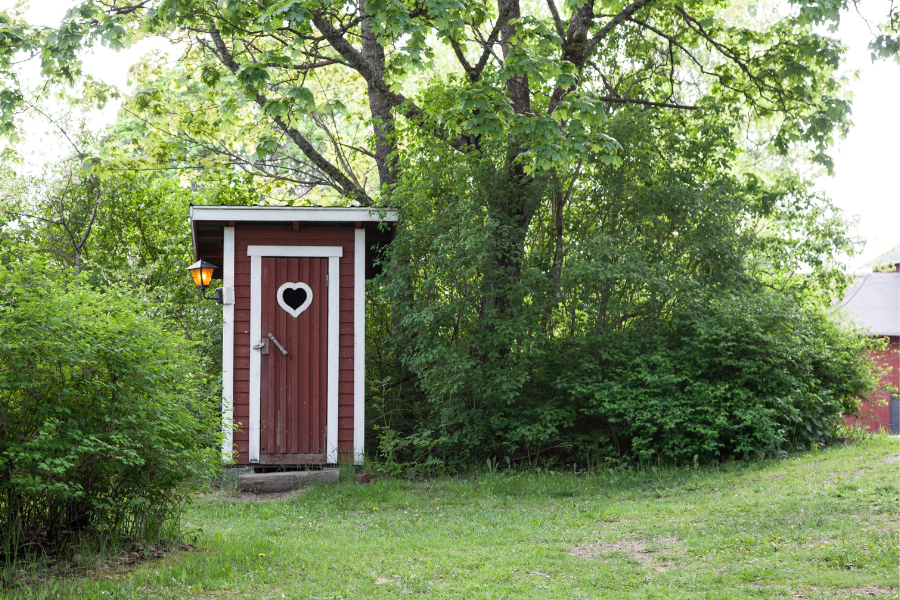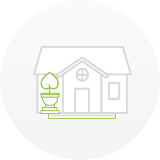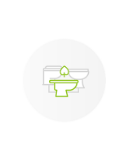
Outhouse - it ain't inhouse, and it ain't a house, so what is it?
Outhouses, also known as privies or dunnies, have a long and intriguing history dating back thousands of years. These simple structures have served as a necessary and essential part of human waste management across various cultures and time periods. While the traditional outhouse might evoke images of rustic simplicity, the modern-day version, equipped with composting toilets, represents an eco-friendly solution that combines functionality with environmental sustainability. So, let's take a journey through time, and explore the evolution of outhouses.
Ancient Origins
The concept of outhouses can be traced back to ancient civilizations such as the Harappan culture in the Indus Valley, where communal sanitation systems were built as early as 2500BC. Outhouses have played a significant role in maintaining hygiene and public health throughout history, particularly in densely populated urban areas. Ancient Rome, for example, had public toilets known as latrines, which were part of an advanced sewage system.
Advent of the Modern Outhouse
During the Middle Ages, private outhouses became commonplace in Europe, particularly among the nobility and upper classes. These structures were often ornate and built with architectural flair. However, the design and maintenance of these early versions of the outhouse lacked a focus on sustainability or environmental impact.
Moving into the 20th Century
In the 20th century, outhouses served as practical solutions for sanitation needs in various parts of the world. These structures were typically small buildings located at a distance from the main house. They featured a simple hole or pit for waste collection, and some were equipped with a basic seat or bench.
Outhouses became commonplace in Western countries, where they served as practical alternatives to indoor plumbing, particularly in regions where the cost of installing plumbing infrastructure was prohibitive or where communities were geographically dispersed.
With vast expanses of countryside and remote locations, outhouses were a familiar sight throughout New Zealand. In rural farming communities, where large tracts of land were devoted to agriculture, the collected waste was commonly used as fertilizer for crops or disposed of in designated areas.
Transitioning to Composting Toilets
Fast-forward to the 21st century, where concerns about water scarcity, pollution, and ecological preservation have become more pronounced. In response to these challenges, eco-friendly composting toilets become prevalent in the outhouse as a viable alternative to longdrops.
Designed to transform human waste into nutrient-rich compost for reintegration into the environment, modern composting toilets have come a long way from the basic pit latrine design. With advanced, user-friendly technology, composting toilets create a pleasant, comfortable, odourless toileting experience, and offer a range of environmental benefits, including water conservation, nutrient recycling, energy efficiency, and pollution reduction.
In today's world, the transition to composting toilets in outhouses is gaining widespread popularity. By embracing composting toilets in outhouses, we not only enhance our family's well-being but also contribute to a more sustainable and eco-friendly approach to waste management, paving the way for a healthier planet for generations to come.
Keen to get a composting toilet into your outhouse? Check out 3 Examples of Outhouses with Composting Toilets for ideas and inspiration! And, if you're after a commercial solution - stay tuned for our upcoming blog!
Need help choosing a system? Call WCTNZ® on 0800 022 027 for free advice on system specification and setup. Advanced design consultancy services are also available.
WCTNZ® | Waterless Composting Toilets NZ Limited | Copyright 2023 ©














